I’ve been interested for a while in the effect that social media is having on fiction writing. Today’s modern adult spends a lot of his or her day on devices, communicating with others via short bursts of text and images that move the day along, evolve relationships, deliver news (good or bad), and facilitate actions. But inserting those interactions into the plot of a novel must be challenging. It isn’t that interesting to read about a character reading a text, or checking Facebook, or clicking through emails – none of which can take the place of good dialogue – and it’s disruptive and sometimes gimmicky to cut and paste actual posts into the text of the book. So what’s a contemporary writer to do? Send your protagonist off to the Amazon? Set your book in 1982? Conjure a blizzard to isolate characters from electricity, and therefore the rest of the world?
I was excited to see the New York Times Book Review take on this topic in yesterday’s issue. The article asks a number of writers to respond to the question, “How has technology changed storytelling?”
These were my favorite responses, from Marisha Pessl and Rainbow Rowell:
MARISHA PESSL: The trouble with technology is that it eradicates a character’s ability to be lost, and it’s the state of being in the dark and the journey toward understanding that has given rise to the greatest stories ever written. Marlow’s voyage up the uncharted Congo in “Heart of Darkness,” the shocking truth of Rochester’s past in “Jane Eyre,” the mysterious gentleman caller in “The Glass Menagerie” — none of these tales could take place today because access to a smartphone would reveal mysterious whereabouts, mad first wives and marital status in seconds without the hero ever needing to leave his living room couch. And without a character forced to seek answers in the real world there can be no journey, no transformation.
The writer’s mandate is to dig deeper inside our wired world to find the mystery, the darkness and dislocation. The good news is that the core realities of our world have not changed: People are still impossible and strange. They hide things from others and from themselves. There are and always will be secrets; modern technology is nothing but a layer of noise that buries them even deeper and which the novelist must clear away to get to the dirt — the stuff great stories are made of.
RAINBOW ROWELL: There’s nothing worse for plots than cellphones.
Once your characters have one, there’s no reason for them to get lost or stranded. Or miss each other at the top of the Empire State Building. If you want anything like that to happen, you either have to explain upfront what happened to the phones or you have to make at least one character some sort of manic pixie Luddite who doesn’t carry one.
When I started my novel “Fangirl” I was determined that the characters would use technology authentically. They’d text and check e-mail and Google things. I wanted to prove to myself that I could write a romantic and human story about people who constantly have laptops in their laps and cellphones in their hands. Plus, I’m always defending the present to teenagers who read “Eleanor & Park,” my novel set in the ’80s, and think things were so much more romantic back then. Mix tapes. Phone calls. Handwritten love notes.
“‘Eleanor & Park’ could never happen now,” they say. “‘Eleanor & Park’ is happening now,” I argue. “Twenty years from now, you’ll look back on the first time you fell in love, and nothing will seem more romantic than text messages. Or Snapchat. Or whatever it is you’re doing right now behind your parents’ backs.”
The whole article is worth a read. This is a topic I revisit every time I start a new book – I think it’s fascinating.


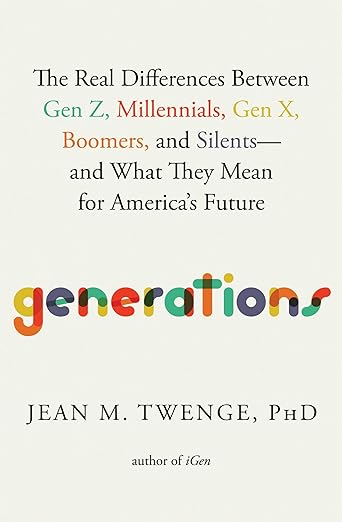

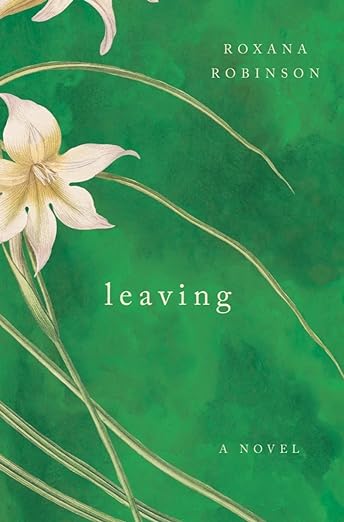
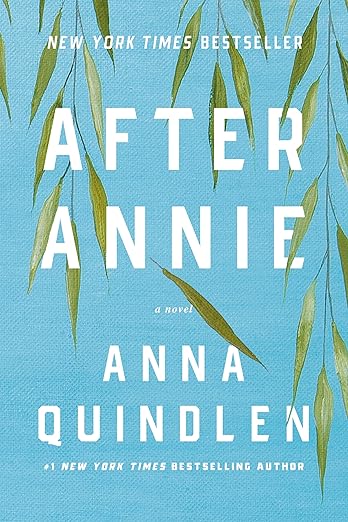
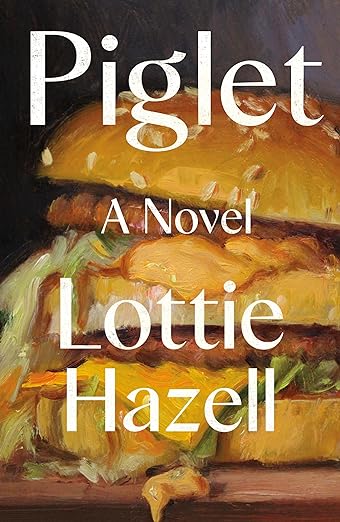

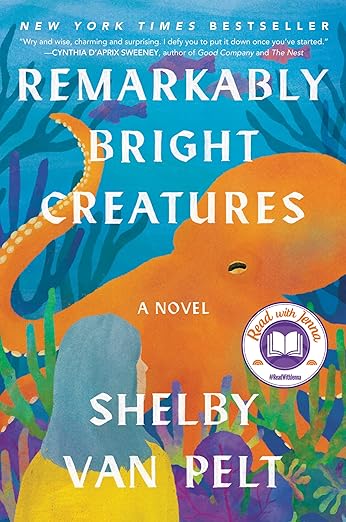
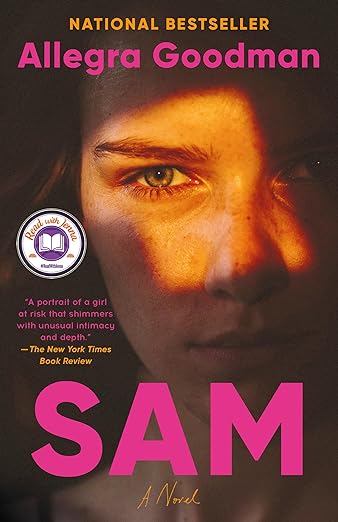
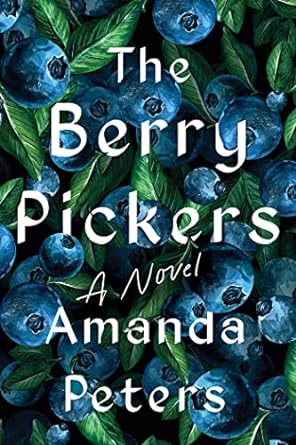
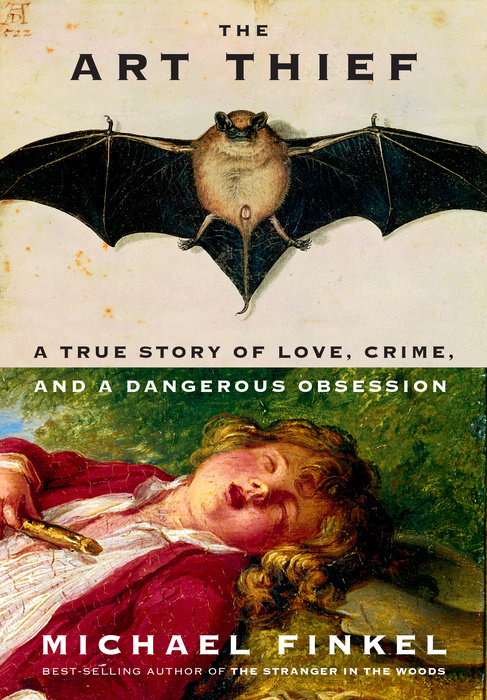

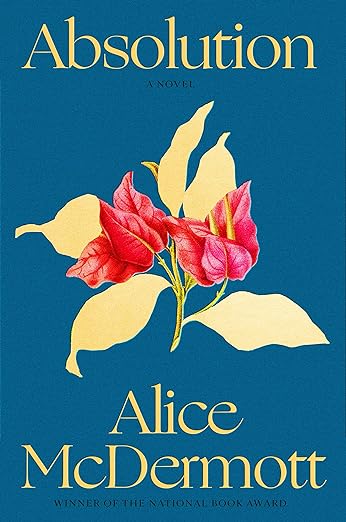
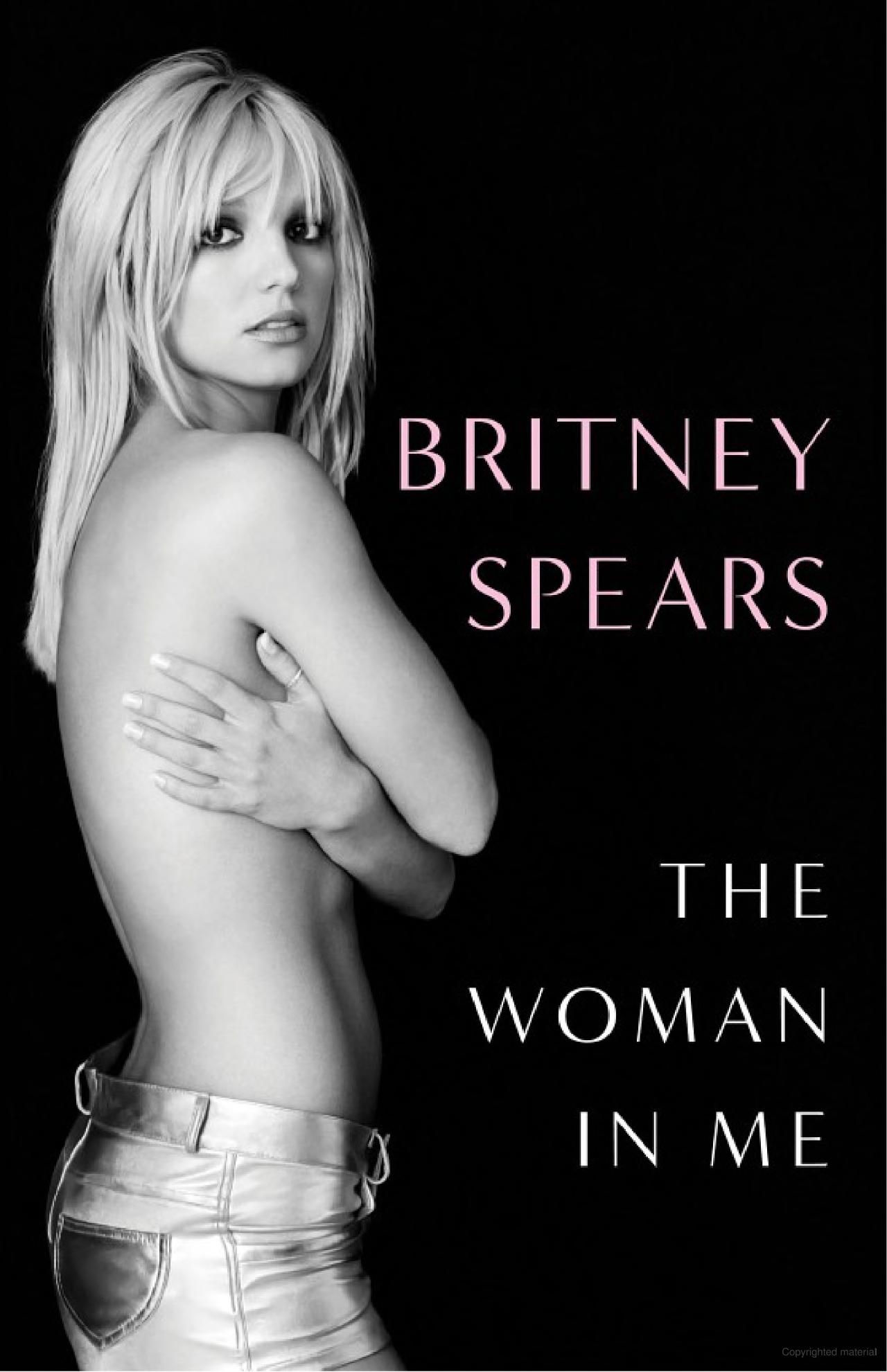
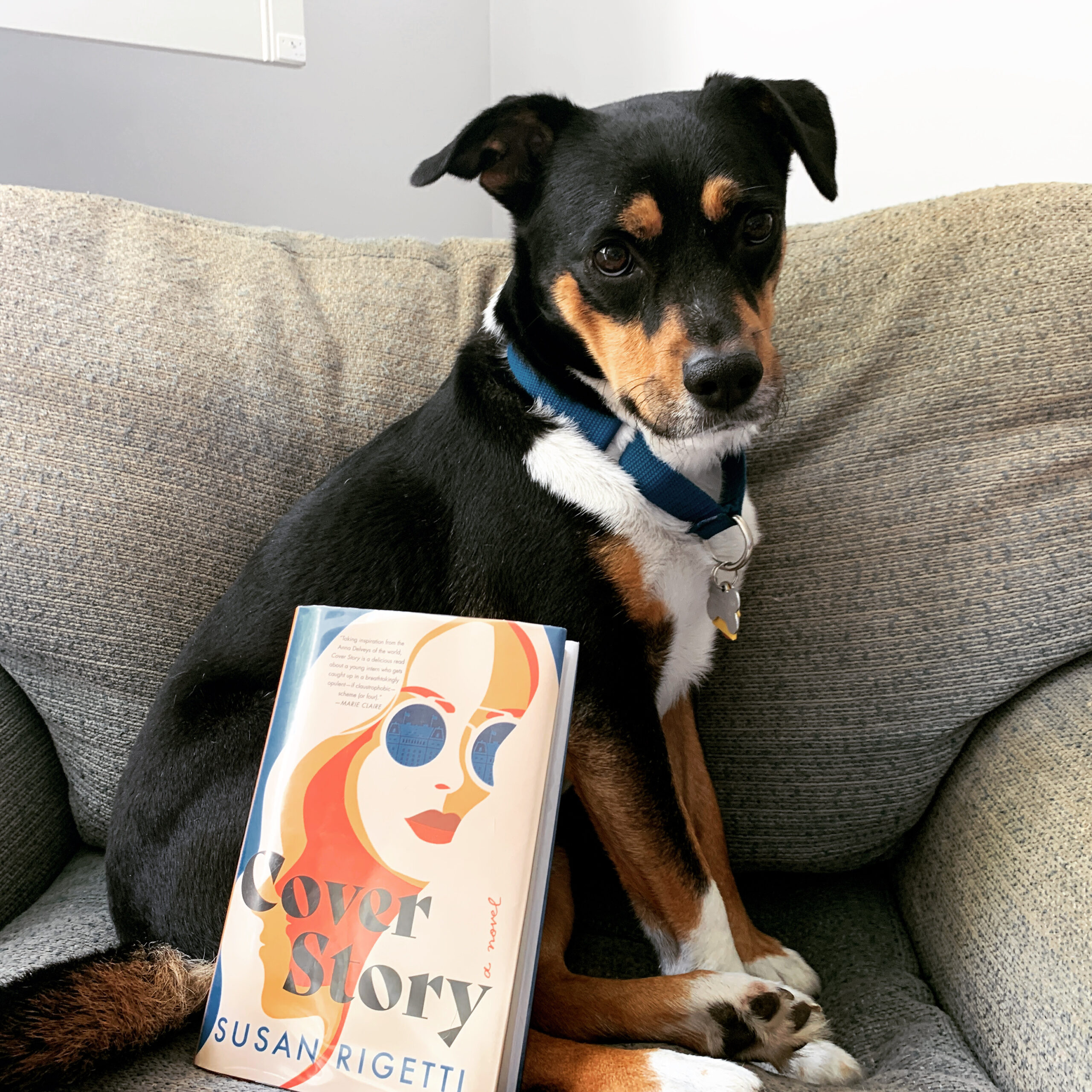

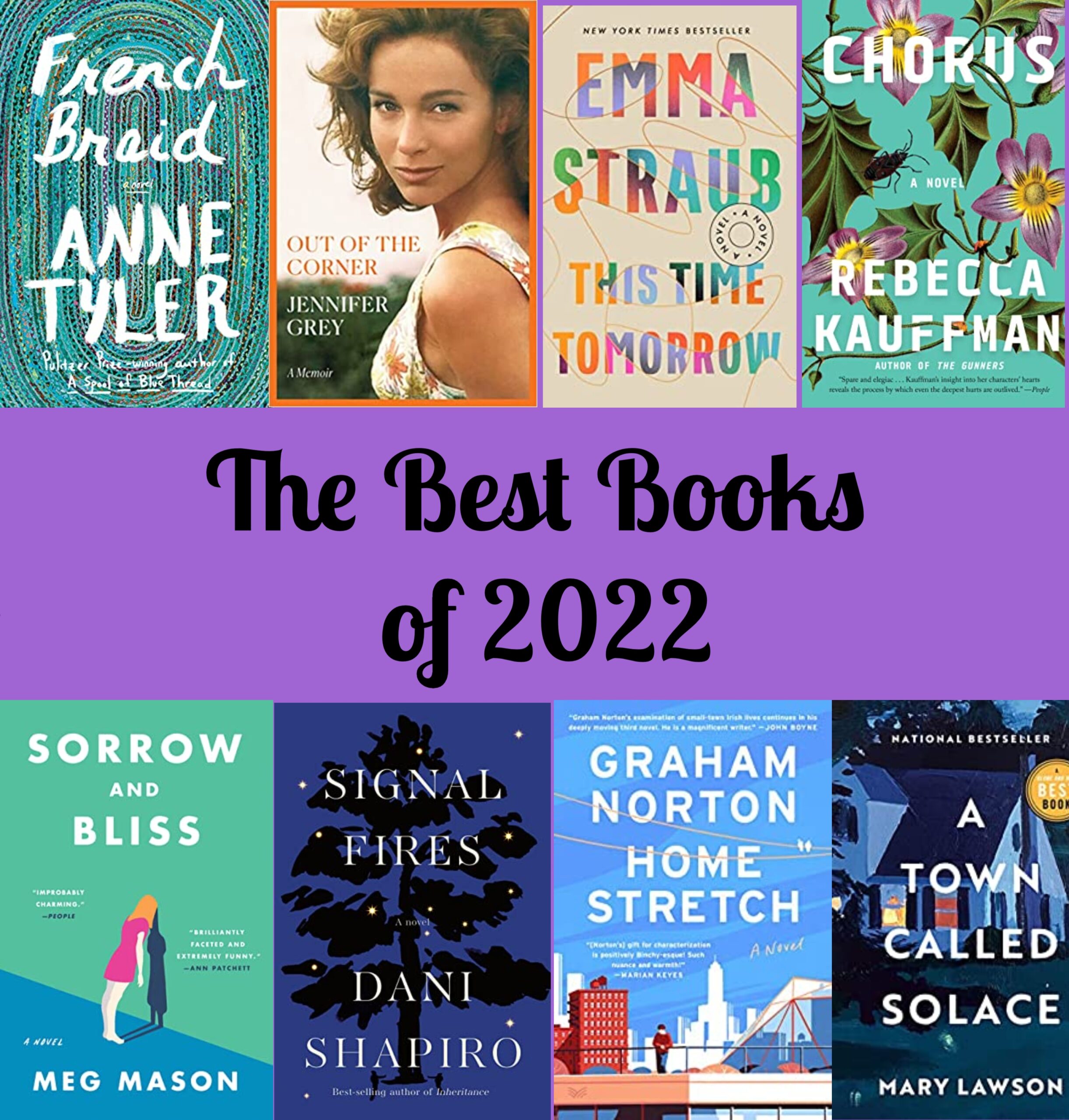
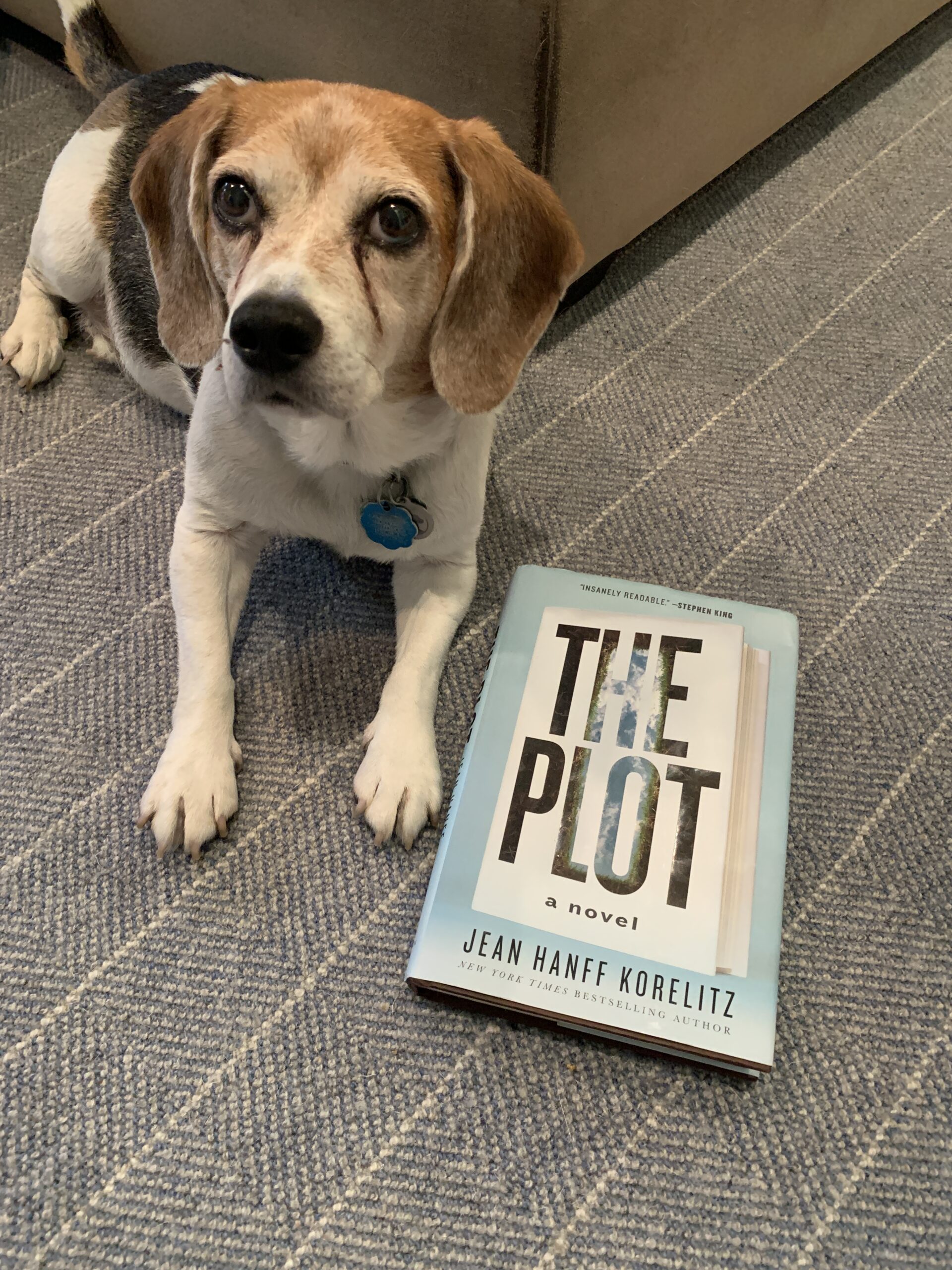
About Me
I have been blogging about books here at Everyday I Write the Book since 2006. I love to read, and I love to talk about books and what other people are reading.